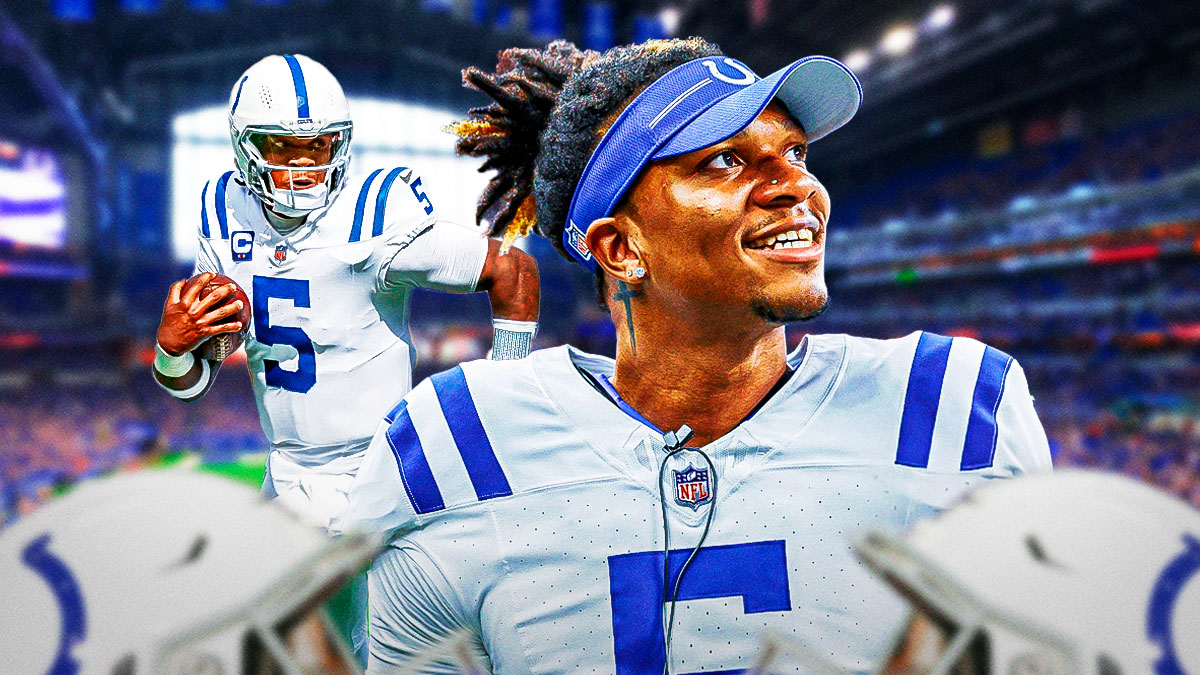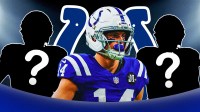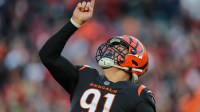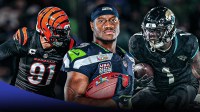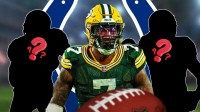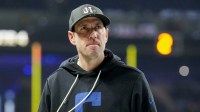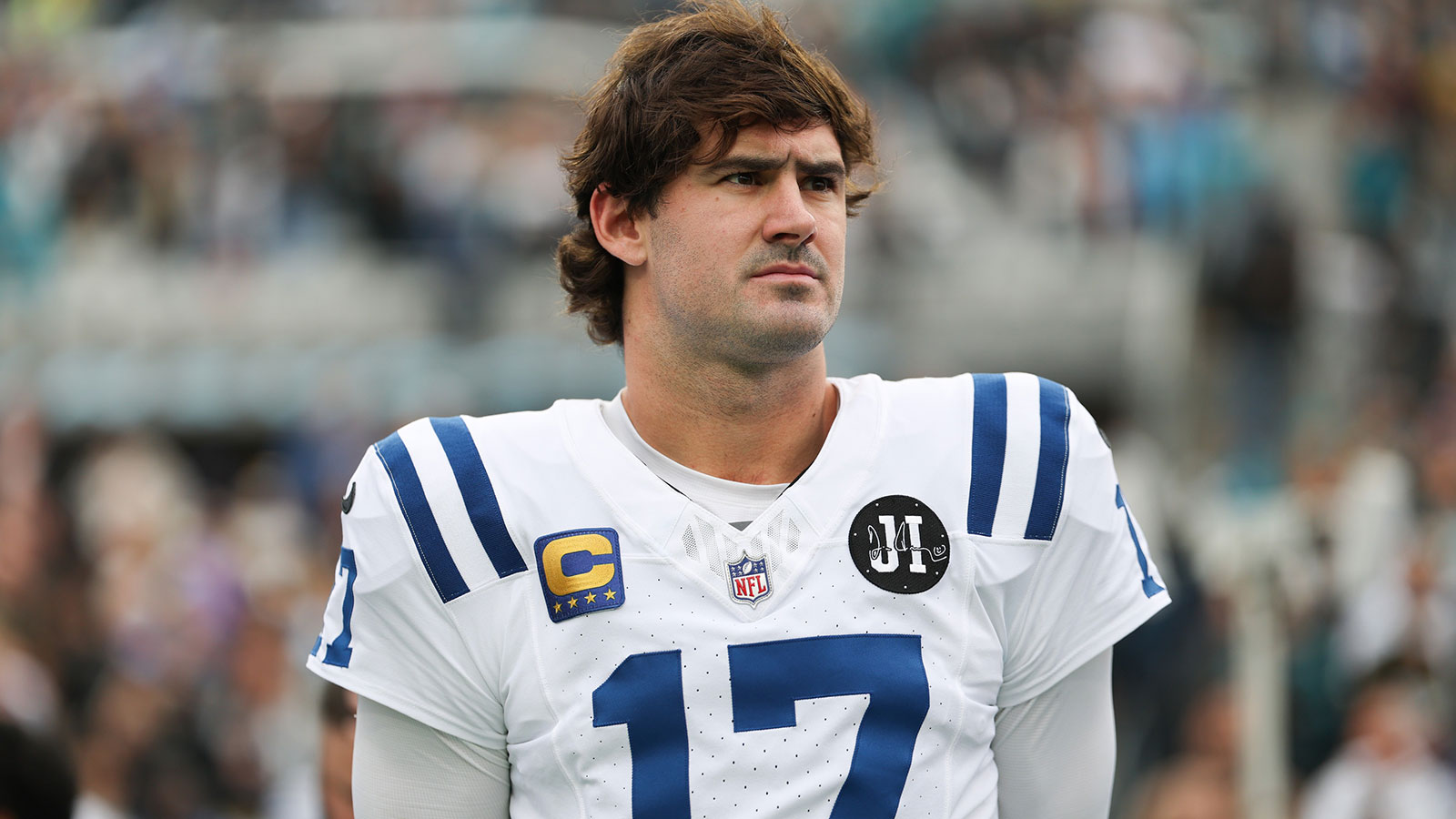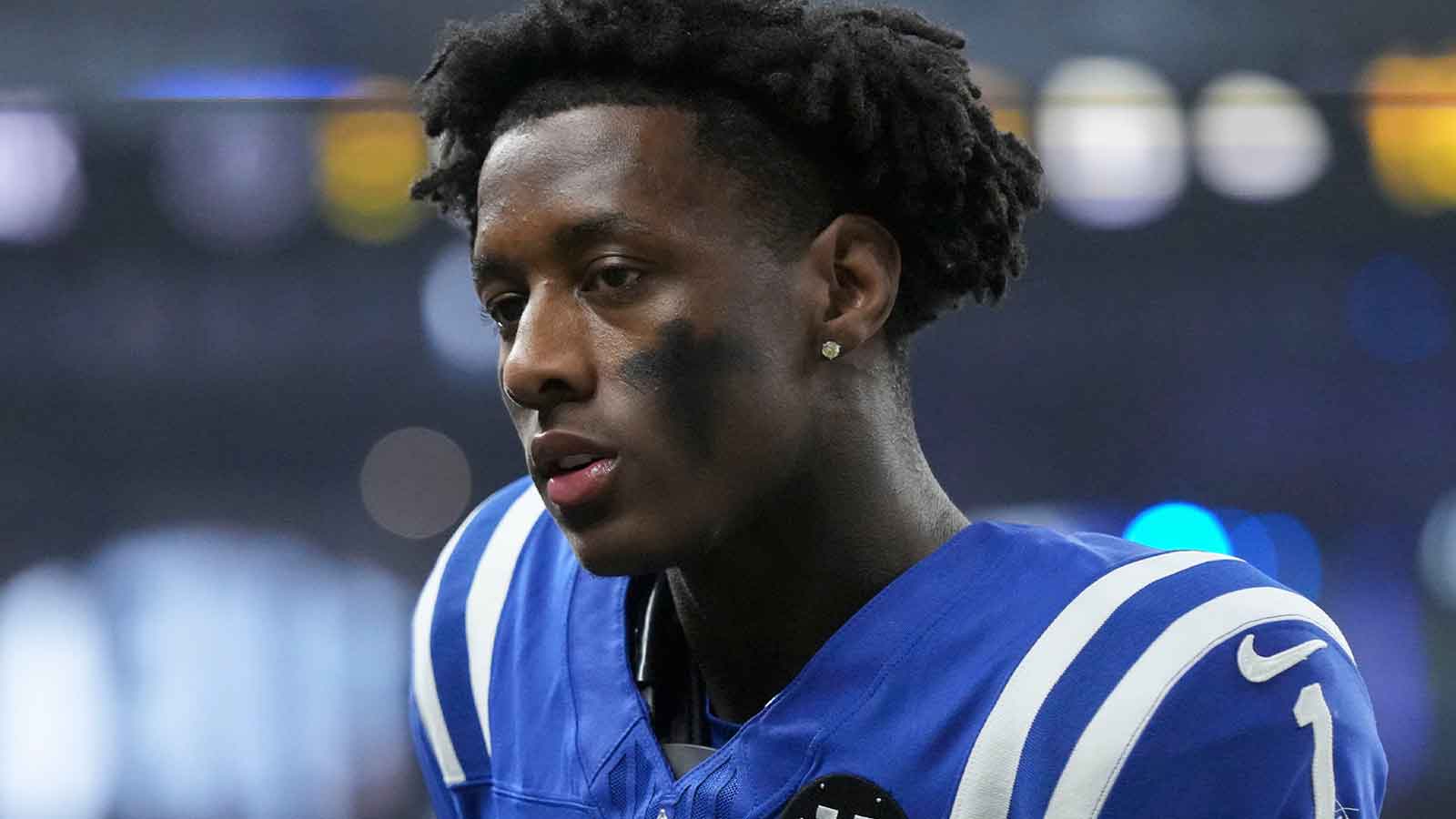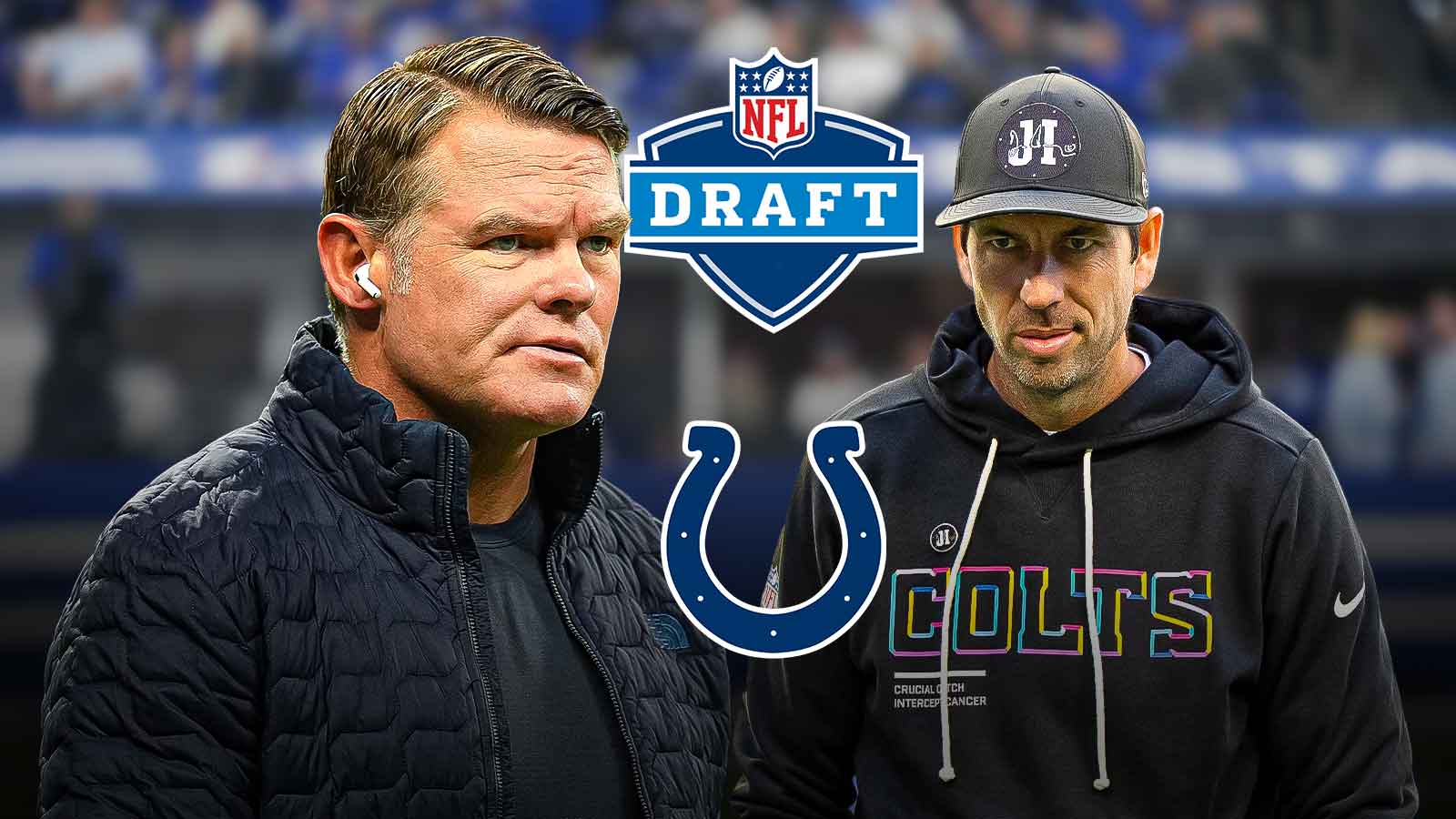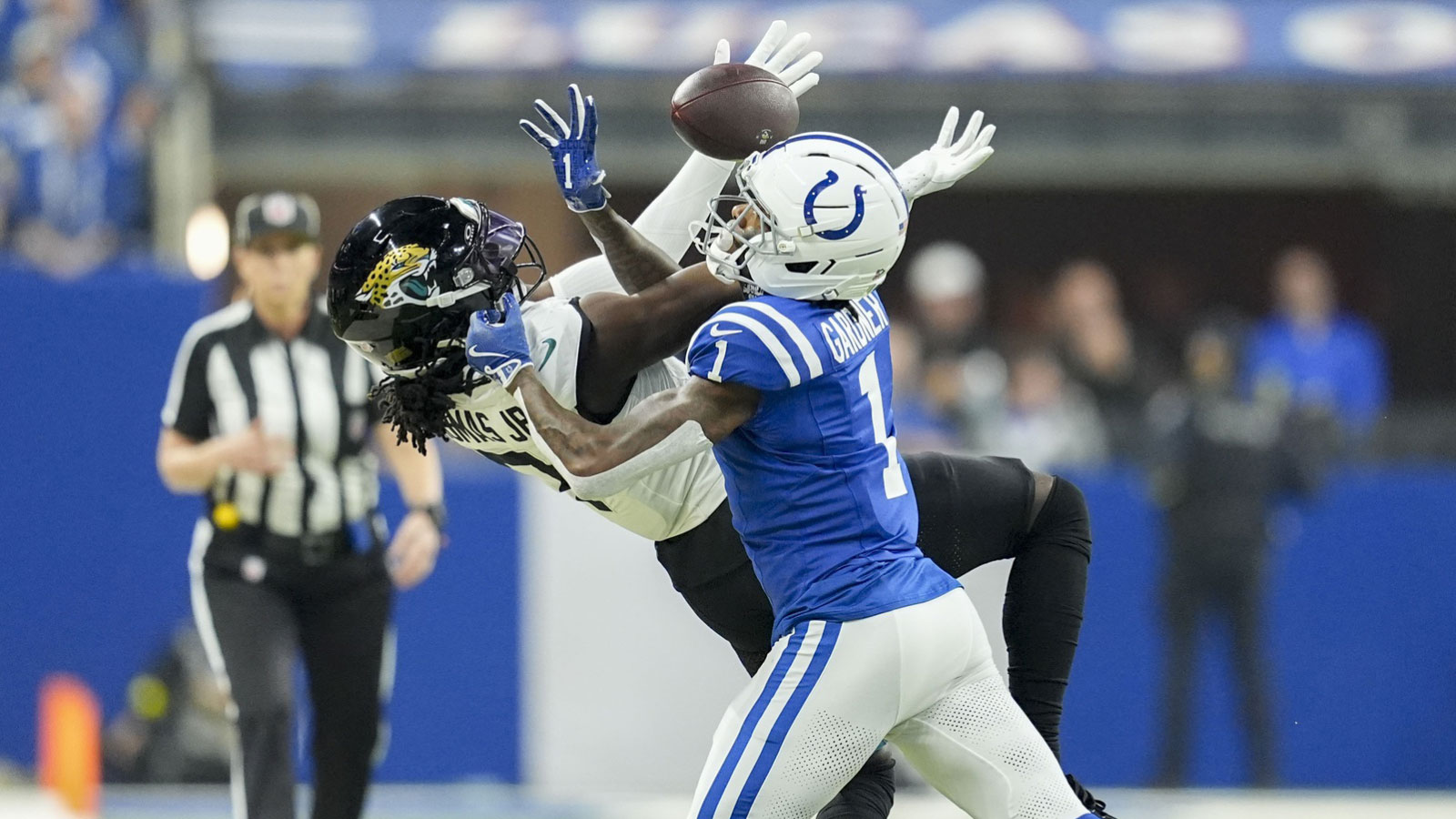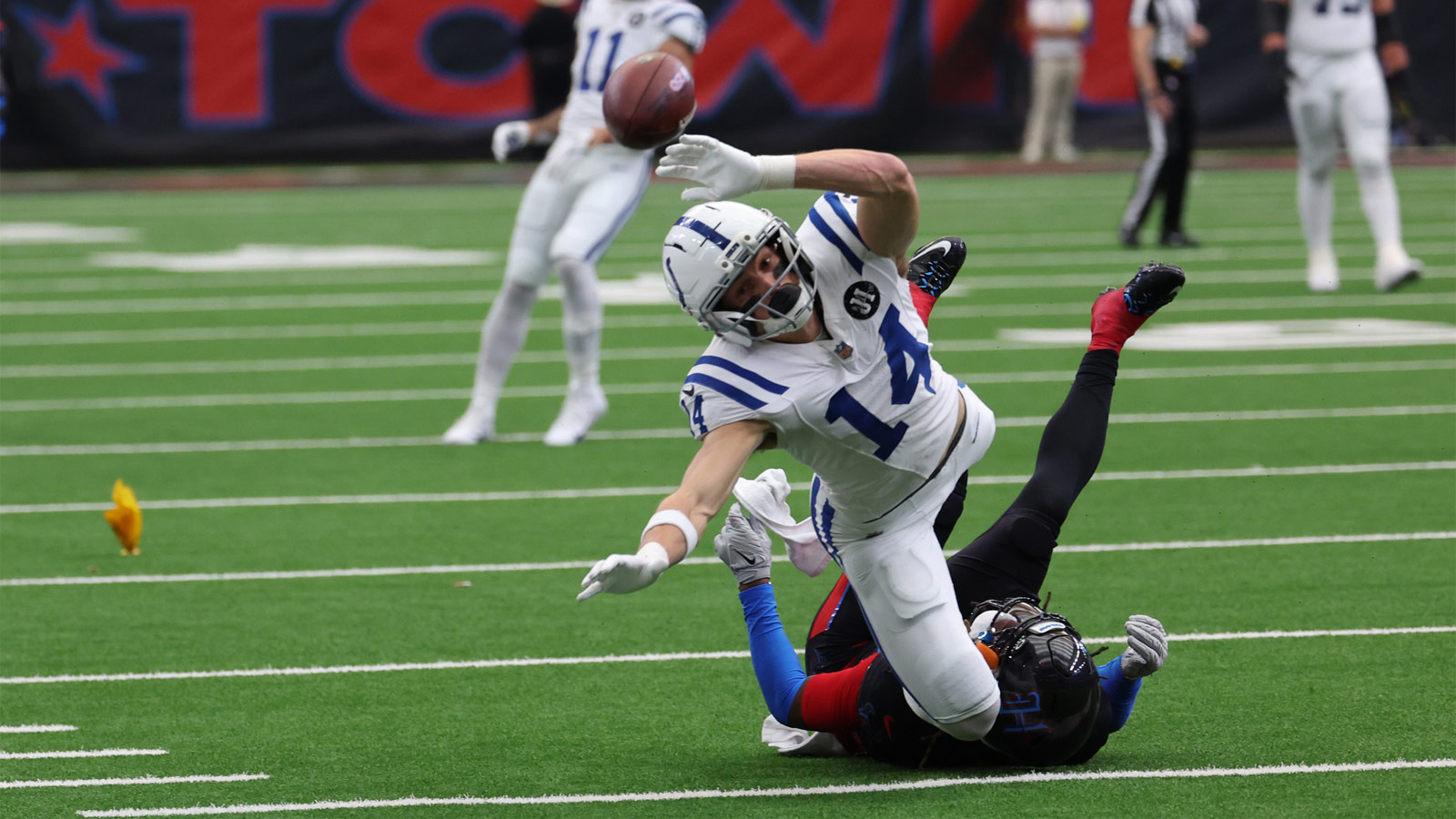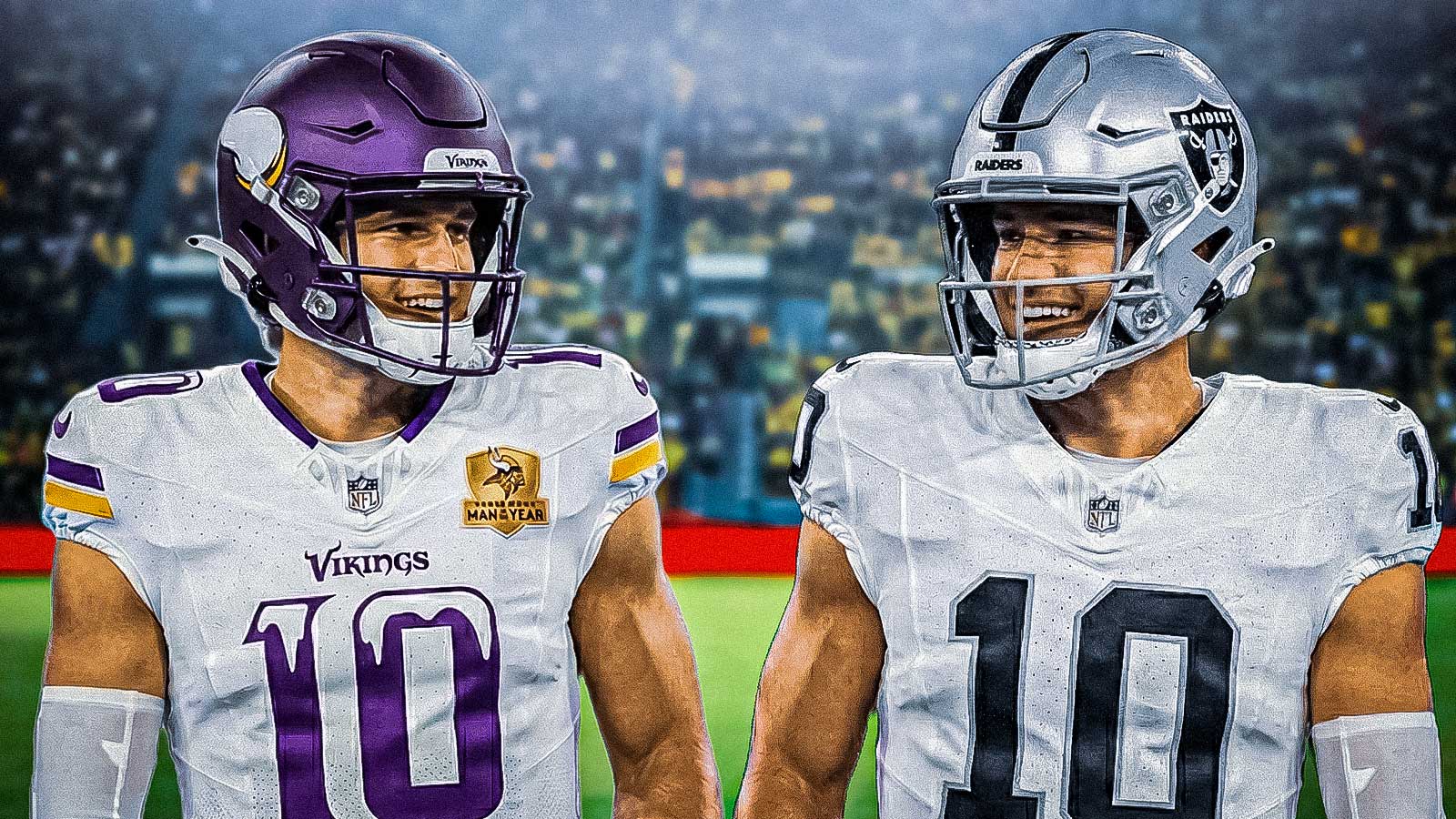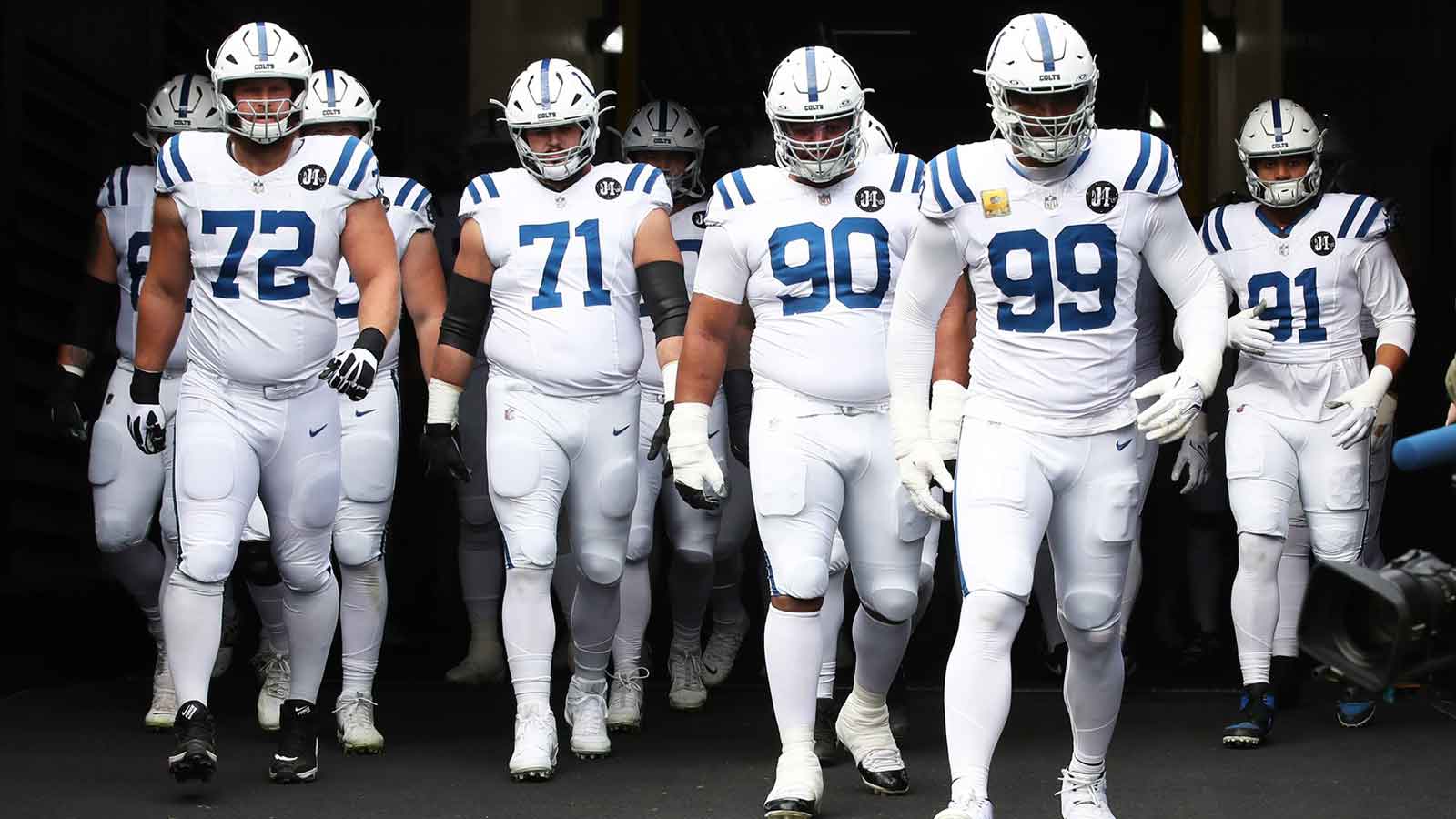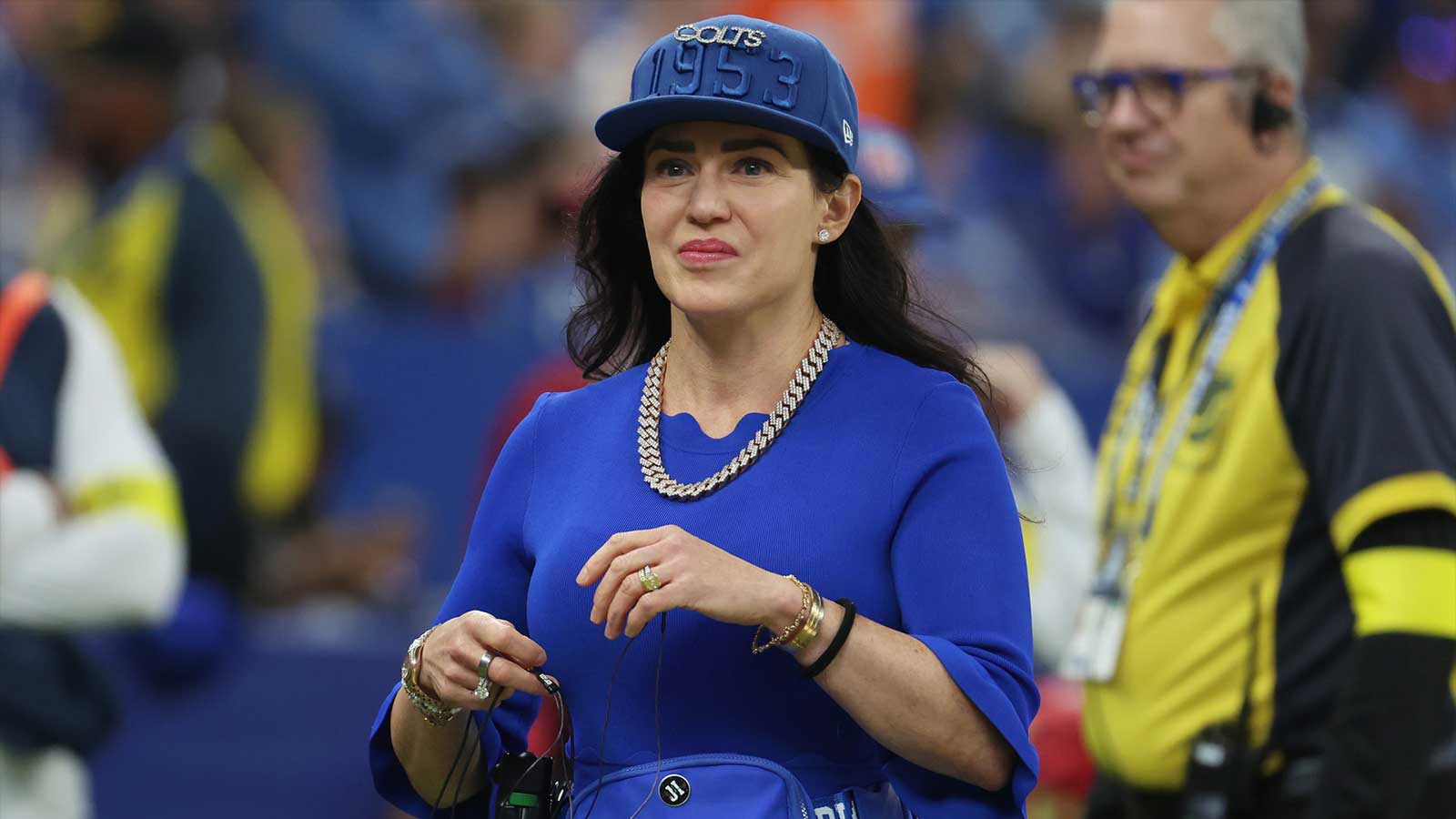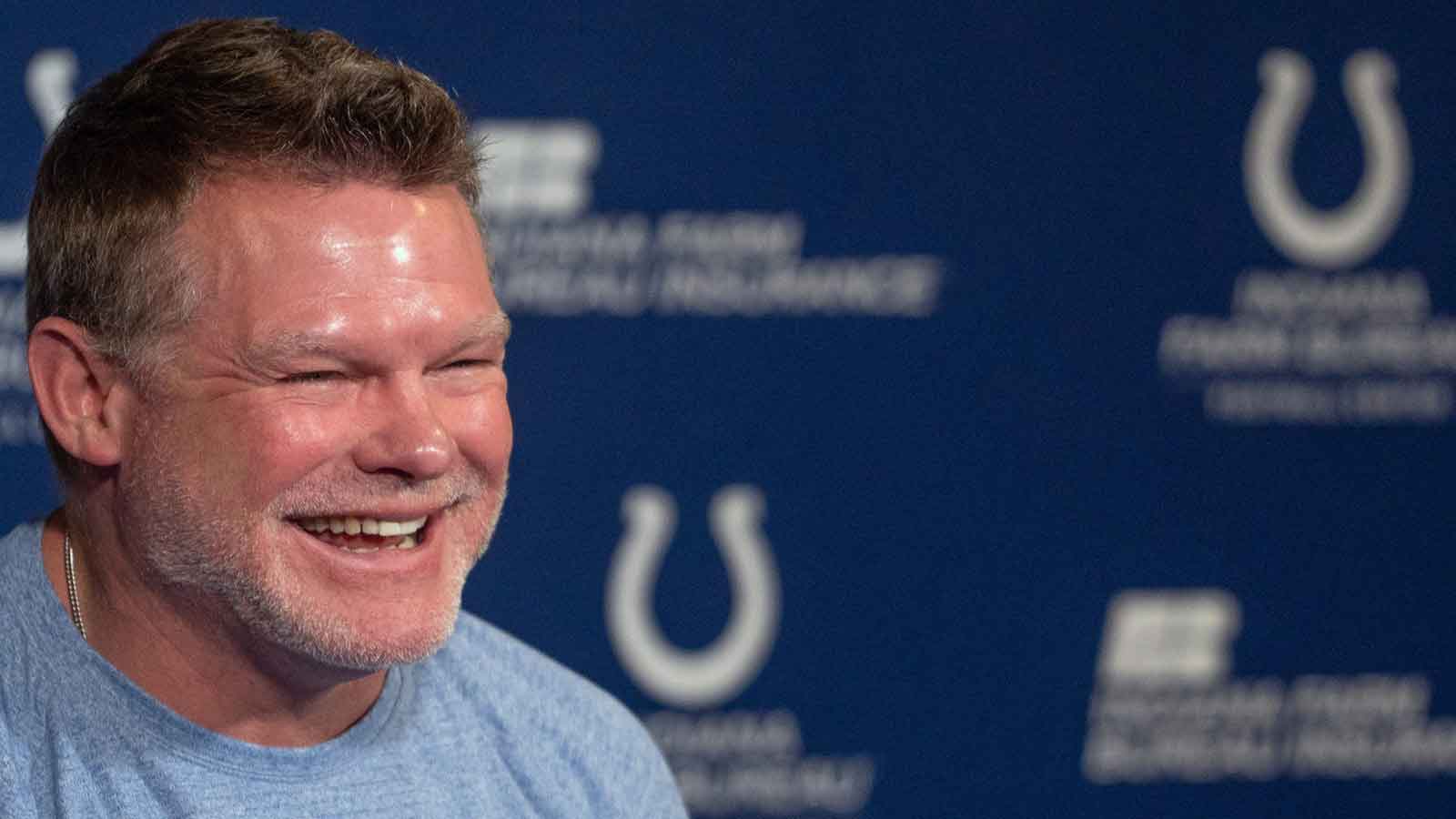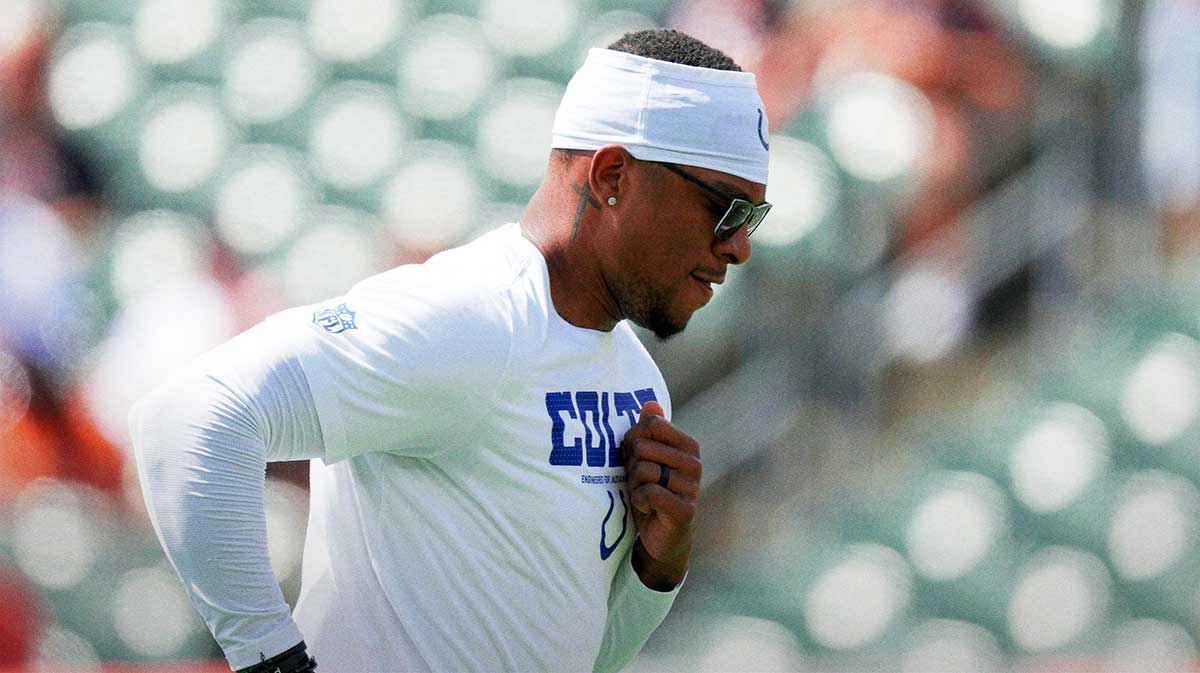The Indianapolis Colts are regaining a major reinforcement as they prepare to visit the Tennessee Titans on Sunday. Starting quarterback Anthony Richardson is progressing well after injuring his oblique in the Colts' Week 4 victory over the Pittsburgh Steelers.
Indianapolis head coach Shane Steichen said that the Florida alum has made strides this week, via ESPN's Stephen Holder.
Richardson's recent practice activity has been more intense, via Holder.
“Richardson was seen throwing on the run this week and making aggressive movements during practices, something he did not do during the portions of practice last week that were open to media,” Richardson said. “He also took a majority of the snaps with the first-team offense, according to a team source. Backup Joe Flacco handled all the starter's reps in last week's practices.”
Richardson, however, is still considered a game-time decision, via NFL.com's Nick Shook.
Richardson was 3-of-4 passing with 71 yards and had 24 rushing yards on three carries before backup Joe Flacco came in for relief. The 22-year-old has completed 50.6% of his passes this season for 654 yards with three touchdowns and six picks, as well as 136 rushing yards and four scores on 25 carries.
Will Richardson stay healthy when he comes back?
Colts must be careful with Anthony Richardson
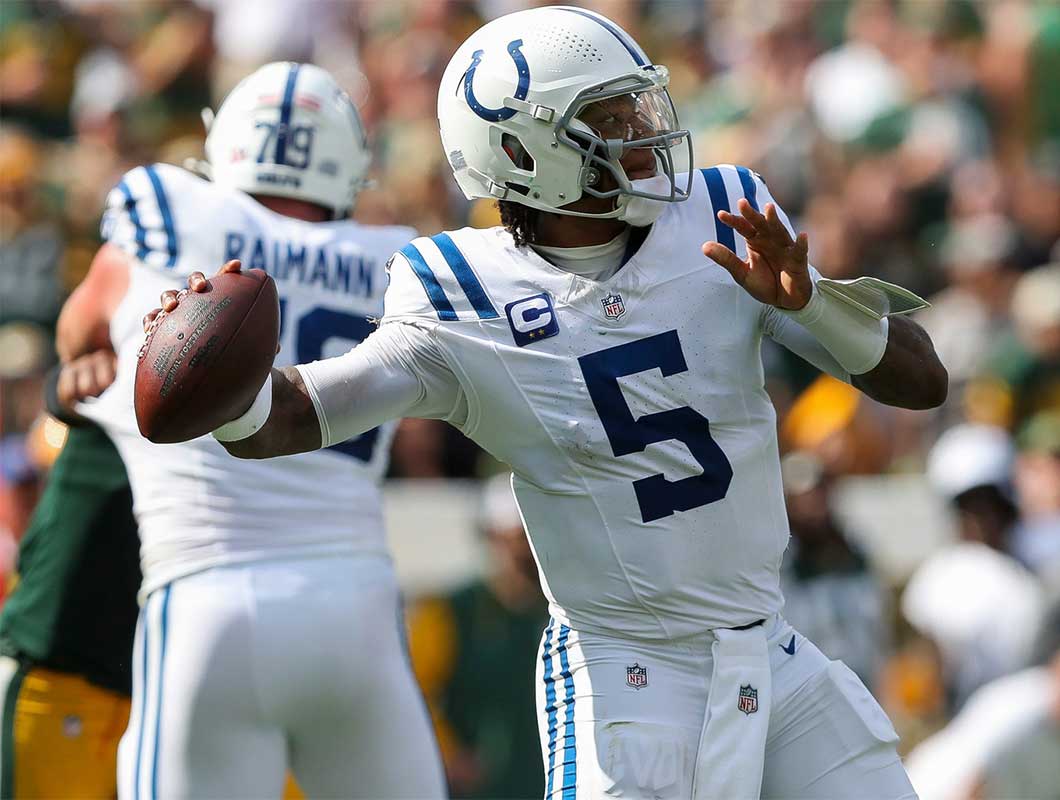
Although Richardson has flashed his talent with big passing plays and dynamic runs, he's still played just eight games since getting drafted fourth overall by Indianapolis in 2023. The 6-foot-4, 244-pounder must prove that he can stay healthy for a full season in order to be the long-term quarterback.
While health is never guaranteed, the Colts can protect their investment by not rushing him back if he's not ready. It's tempting to see the potential future of the franchise in action, but playing in one game is never worth compromising a player's long-term health.
Additionally, Richardson must slide at all times when scrambling in order to avoid taking hits. While the gifted playmaker is known for his athleticism, quarterbacks like Robert Griffin III and Tua Tagovailoa know all too well how risky it is to get consistently hit by NFL defenders.

